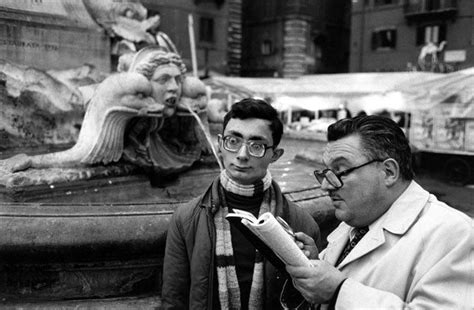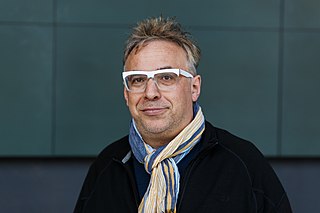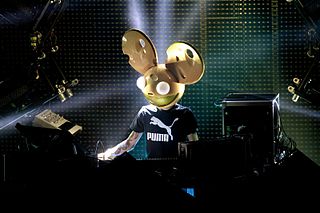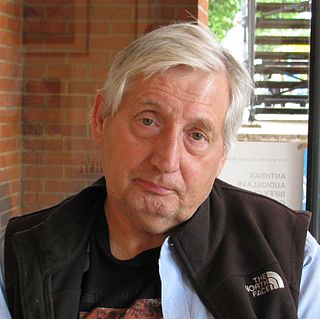A Quote by Garry Winogrand
For me the true business of photography is to capture a bit of reality (whatever that is) on film...if, later, the reality means something to someone else, so much the better.
Related Quotes
Traditionally, photography has dealt with recording the world as it is found. Before photography appeared the fine artists of the time, the painters and sculptors, concerned themselves with rendering reality with as much likeness as their skill enabled. Photography, however, made artistic reality much more available, more quickly and on a much broader scale.
I capture reality, never pose it. But once captured, is it still reality? I've always tried to play with the false impression of reality, with the ambiguity of appearances. Things are what they seem to be, or maybe something else. I use people as unconscous actors in little dramas they don't know they're in. These pictures are about Earthlings, but I'll let you in on a secret: I'm an Earthling myself.
So this is reality, this forgiveness, this reconciliation, is true for everybody. Paul insisted that when Jesus died on the cross, he was reconciling "all things, in heaven and on earth, to God." All things, everywhere. ...This reality then isn't something we make come true about ourselves by doing something. It is already true. Our choice is to live in this new reality or cling to a reality of our own making.
Usually, companies, when they approach other people to do VR, they're like, 'We're gonna offer a virtual reality experience' - to me, that usually means they're gonna put a bunch of 360° cameras in a room, film something, and wrap the video in a sphere so you can head-track and look around. To me, that's not virtual reality. That's 360° video.
Reading is everything. Reading makes me feel like I've accomplished something, learned something, become a better person. Reading makes me smarter. Reading gives me something to talk about later on. Reading is the unbelievably healthy way my attention deficit disorder medicates itself. Reading is escape, and the opposite of escape; it's a way to make contact with reality after a day of making things up, and it's a way of making contact with someone else's imagination after a day that's all too real. Reading is grist. Reading is bliss.




































